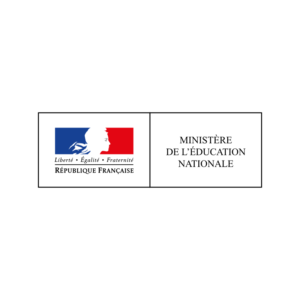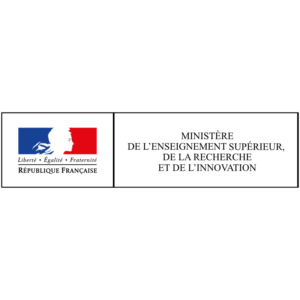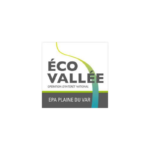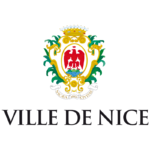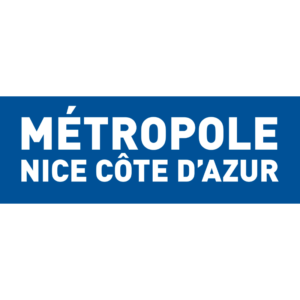Smart and Sustainable City
Conceived as an induction session, this module presents urban challenges in view of the economic, social, cultural, and environmental implications while exploring the best practices and recommendations considering the relationship between technical innovations and societal changes.
20h face-to-face
Description
In the last years, social networks and their digital improvements have modified society, in particular in economic, politic and cultural domains, but also in innovation processes. How these innovations have modified our behaviors? Why they don’t go further on these changes? How services design can transform cities in a sustainable way?
The aim of this training module is to identify new challenges for cities in economic, social, cultural and environmental domains, and to conceive new answers to the new questions emerging in modern cities. Beyond disciplinary solutions, we propose to show that technical innovations and social changes are related, and that it is necessary to tackle the different issues in urban planning and design to conceive smart and sustainable cities.
Learning outcomes
- Identifying economic, social, cultural and environmental challenges of modern cities.
- Proposing multi-disciplinary solutions for smart and sustainable cities.
Learning approach
Based on an innovative learning approach, the course is divided into two stages: a first session providing the framework and elements necessary for personal and collective reflection; the second session, prepared by the students, taking the form of an interview and open exchange (questions, answers, polarized exchanges) among peers.
